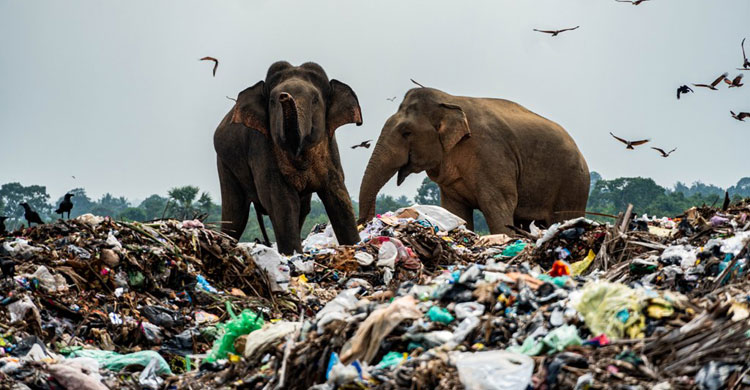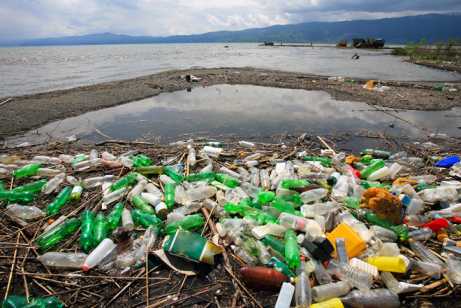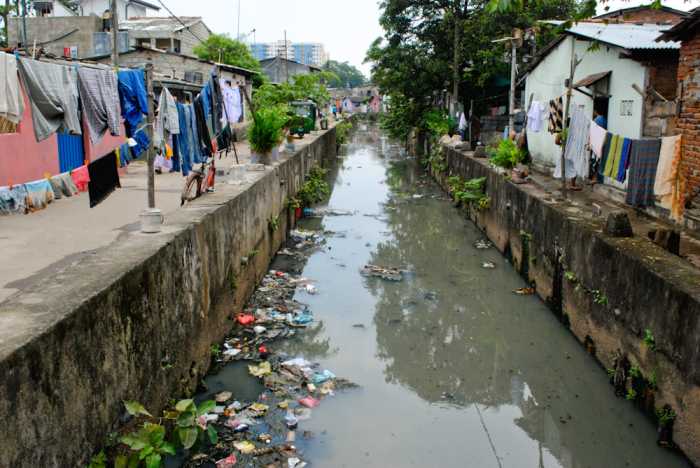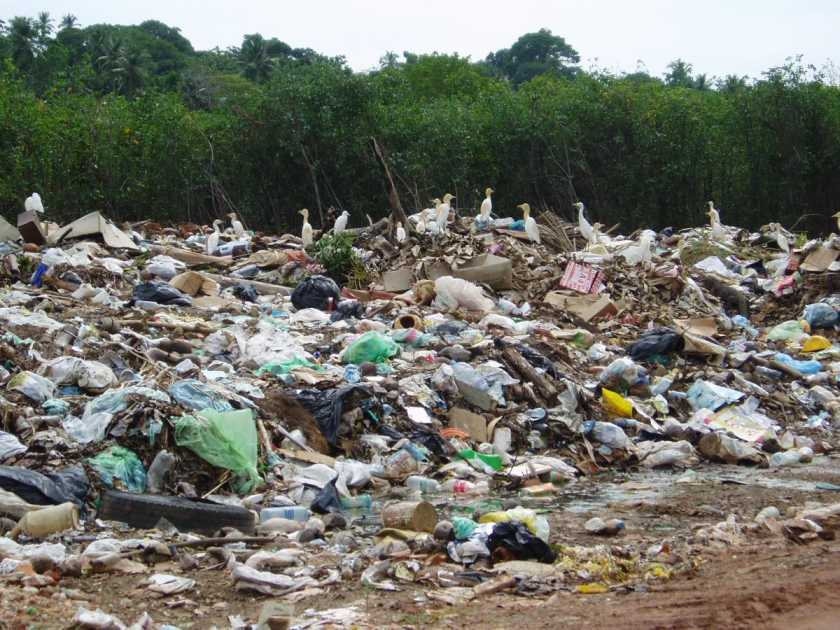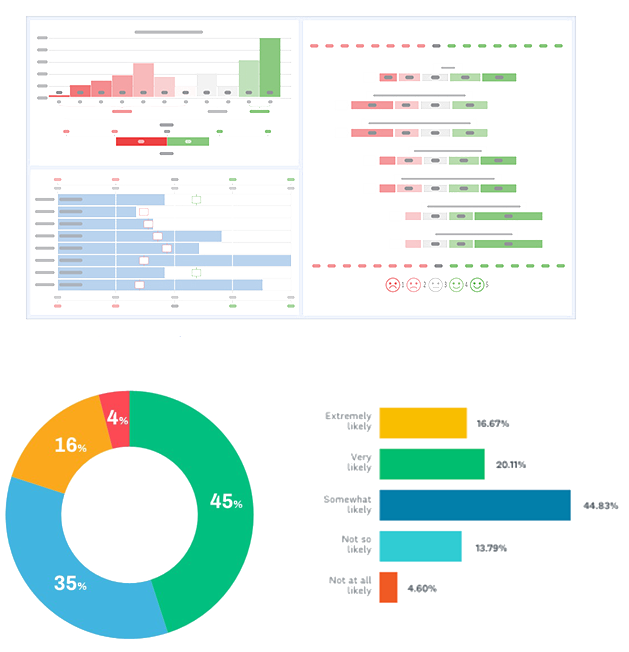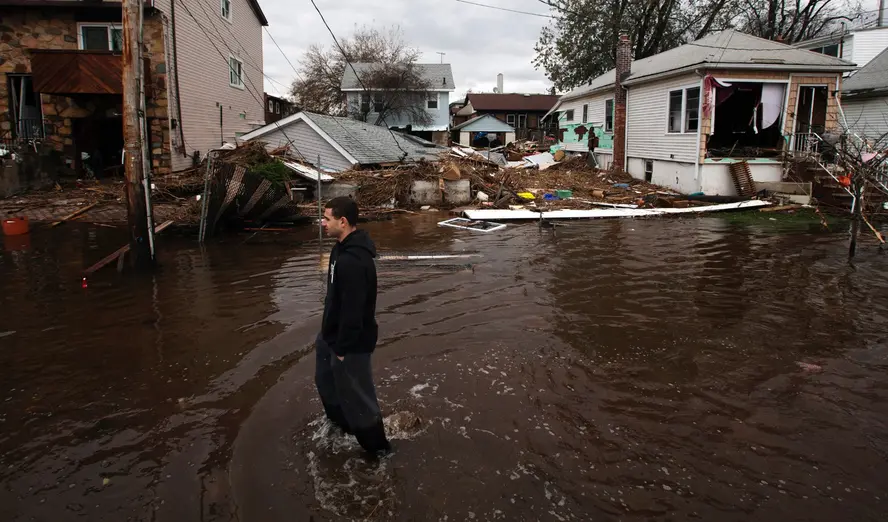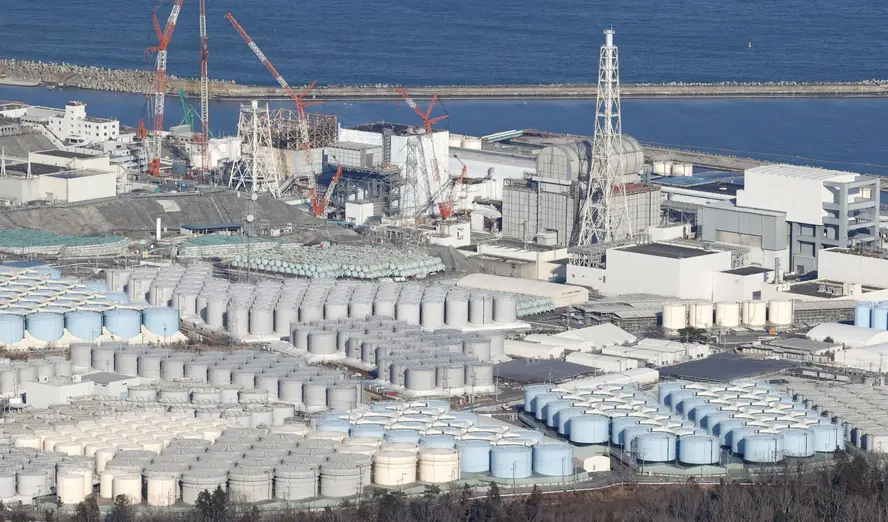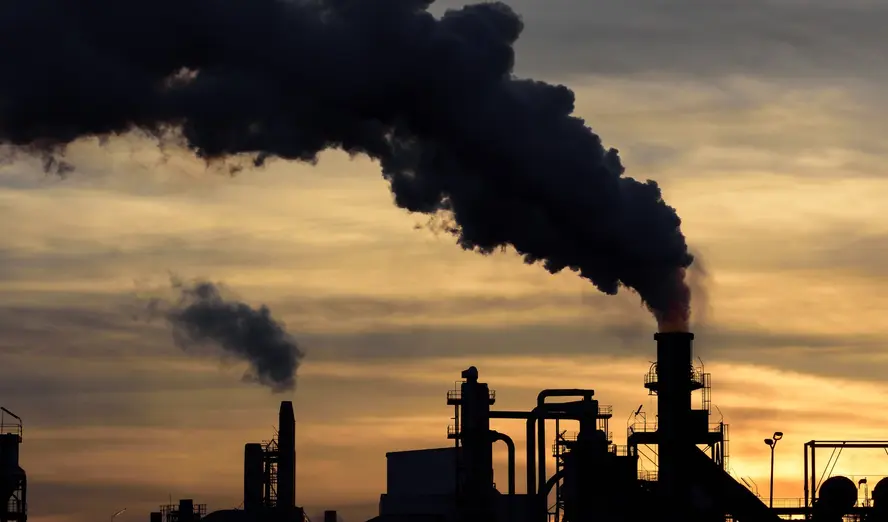Economic Burden Of Plastic
The economic burden of plastic pollution in Sri Lanka encompasses various costs and impacts on communities, industries, and the national economy:
- Cleanup Costs: Cleaning up plastic waste from streets, beaches, and waterways imposes significant financial burdens on local governments, municipalities, and environmental organizations. These costs include manpower, equipment, transportation, and disposal expenses, diverting resources from other essential services and infrastructure projects.
- Tourism Revenue Loss: Sri Lanka's coastal tourism industry, a significant contributor to the national economy, suffers from the negative impacts of plastic pollution on beaches and marine environments. Tourists are less likely to visit destinations marred by littered beaches and polluted waters, leading to revenue losses for businesses, hotels, restaurants, and tour operators reliant on tourism income.
- Healthcare Expenditures: Plastic pollution poses health risks to communities living near contaminated areas, leading to increased healthcare expenditures related to treating respiratory illnesses, skin infections, and other health problems caused by exposure to pollutants and toxins leached from plastic waste.
- Infrastructure Damage: Plastic waste accumulation can damage infrastructure such as drainage systems, roads, and buildings, particularly during the monsoon season. Blocked drains and waterways result in flooding, waterlogging, and erosion, necessitating costly repairs and maintenance to restore functionality and prevent further damage.
- Fisheries Impact: Sri Lanka's coastal fisheries, a vital source of livelihoods and food security for coastal communities, are negatively impacted by plastic pollution. Entanglement in abandoned fishing gear and ingestion of plastic debris by marine organisms can damage fishing equipment, reduce catch yields, and lead to economic losses for fisherfolk and seafood industries.
- Productivity Loss: Plastic pollution can hinder agricultural productivity by contaminating soil and water resources, affecting crop yields and food production. Reduced agricultural output can lead to income losses for farmers, food shortages, and increased dependence on imported food supplies, further straining the national economy.








